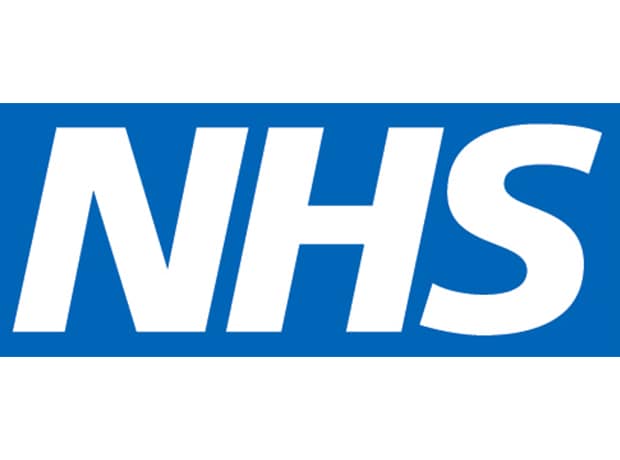NHS England has announced the official roll out of a scheme that has already helped keep more than 1,000 nurses, midwives and other clinicians in the NHS.
As part of the plan, a new ‘transfer window’ lets staff move within the NHS between areas while developing new skills, with rewards from local businesses like discount gym membership and targeted mentoring for new joiners among the incentives used to keep them.
As well as prompting hospitals to adopt incentives to stay Trusts are also offering “itchy feet” interviews where staff get the opportunity to talk to bosses about why they might leave.
As a result, analysis shows that the scheme means the equivalent of 800 fewer full time nurses have left the NHS since the start of the scheme, leading to the lowest national nursing staff turnover rates and clinical mental health staff turnover rates in five years. Since the beginning of the retention scheme, national nursing staff turnover rates have fallen from 12.5% to 11.9%, and mental health clinical staff turnover rates have fallen from 14.3% to 13.4%.
Due to the success the programme is being rolled out to other Trusts and expanded into general practice as part of the NHS People Plan, NHS England chief executive, Simon Stevens, told the King’s Fund think-tank’s annual leadership and management summit in London.
He explained, “As Europe’s largest employer with 350 different types of job opportunity, the NHS has always been an attractive career option for caring, skilled and determined staff. Three quarters of our staff are women but only half say the NHS is flexible enough as an employer.
“So as well as a need for action on areas such as pensions, it’s right that local NHS employers are now themselves increasingly taking common sense action to support, develop and retain their staff.”
The roll out is part of the NHS Long Term Plan, which will see funding for primary medical and community care increase as a share of the NHS budget for the first time in the health service’s 70-year history, with an extra £4.5 billion a year invested by 2023.










